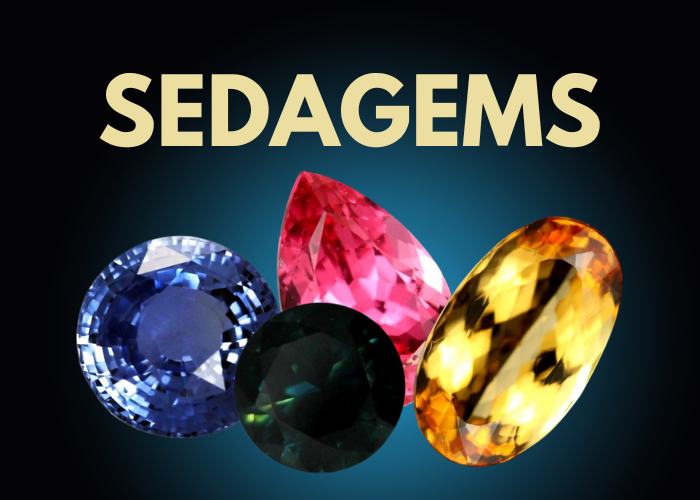BAHAMAS CONCH LEAF CARVING PAIR 24.55 CTS [PF 1299]
- SKU
- Dimensions (mm)
- 34.000 x 21.000 x 3.000mm
- Weight (cts)
- 24.550
- Type
- Bead
- Colours
-
CONCH SHELL LEAF CARVING
This is a pair of natural untreated conch shell carved in to a leaves and ideal for earrings.It is from a conch shell legally harvested in the Bahamas.
Drilled through
Many gastropods (snails and sea snails, of which the conch is the latter) produce pearls, and those of the Queen Conch, Strombus gigas, have been collectors’ items since Victorian times. Conch pearls come in a range of hues, including white, brown and orange and many intermediate shades, but pink is the colour most associated with the conch pearl. Conch pearls are sometimes referred to simply as ‘pink pearls’. In some gemmological texts, non-nacreous gastropod pearls used to be referred to as ‘calcareous concretions’ because they were ‘porcellaneous’ (i.e. shiny and ceramic-like) in appearance rather than ‘nacreous’ (i.e. with a pearly lustre sometimes known as ‘orient’). However, Kenneth Scarrat, the director of GIA in Bangkok recently argued that conch calcareous concretions should be called ‘pearls’. Under Federal Trade Commission rules, conch pearls may be referred to as ‘pearls’ without qualification. Although non-nacreous, the surface of fine Conch pearls has a unique and attractive appearance of its own. The microstructure of conch pearls comprises partly-aligned bundles of microcrystalline fibres which create a shimmering, slightly iridescent effect known as ‘flame structure’. The effect is a form of chatoyancy, caused by the interaction of light rays with the microcrystas in the pearl’s surface, and it somewhat resembles Moiré silk.
- SKU
- Dimensions (mm)
- 34.000 x 21.000 x 3.000 mm
- Weight (cts)
- 24.550
- Type
- Bead
- Colours
-
CONCH SHELL LEAF CARVING
This is a pair of natural untreated conch shell carved in to a leaves and ideal for earrings.It is from a conch shell legally harvested in the Bahamas.
Drilled through
Many gastropods (snails and sea snails, of which the conch is the latter) produce pearls, and those of the Queen Conch, Strombus gigas, have been collectors’ items since Victorian times. Conch pearls come in a range of hues, including white, brown and orange and many intermediate shades, but pink is the colour most associated with the conch pearl. Conch pearls are sometimes referred to simply as ‘pink pearls’. In some gemmological texts, non-nacreous gastropod pearls used to be referred to as ‘calcareous concretions’ because they were ‘porcellaneous’ (i.e. shiny and ceramic-like) in appearance rather than ‘nacreous’ (i.e. with a pearly lustre sometimes known as ‘orient’). However, Kenneth Scarrat, the director of GIA in Bangkok recently argued that conch calcareous concretions should be called ‘pearls’. Under Federal Trade Commission rules, conch pearls may be referred to as ‘pearls’ without qualification. Although non-nacreous, the surface of fine Conch pearls has a unique and attractive appearance of its own. The microstructure of conch pearls comprises partly-aligned bundles of microcrystalline fibres which create a shimmering, slightly iridescent effect known as ‘flame structure’. The effect is a form of chatoyancy, caused by the interaction of light rays with the microcrystas in the pearl’s surface, and it somewhat resembles Moiré silk.
| Shipping provider | Shipping to Australia | Shipping to rest of world |
|---|---|---|
| FedEx | $12.00 / 3 days | $39.00 / 10 days |
|
Australia
FedEx is discounted to $12.00 on orders with 2 or more items
Rest of the world
FedEx is discounted to $39.00 on orders with 2 or more items
|
||
| Registered Shipping | $9.00 / 7 days | $16.00 / 21 days |
|
Australia
Registered Shipping is discounted to $9.00 on orders with 2 or more items
Rest of the world
Registered Shipping is discounted to $16.00 on orders with 2 or more items
|
||

-
 Positive
PositiveBeautiful agate piece , and as always fast efficient service from Sedagems
-
 Positive
PositiveNice
-
 Positive
PositiveGorgeous stones, very happy
-
 Positive
PositiveGorgeous stone, very happy











![22.9CTS VARASCITE 'SPIDER WEB' AUSTRALIA [MGW 4616]](https://liveplatforms-production.b-cdn.net/tenants/gr/uploads/images/490000-494999/490866/55236df10a48f.JPG?width=480&aspect_ratio=1001%3A1000)


![GARNET SLICES FOR BEADS 73 CTS [MGW1354 ]](https://liveplatforms-production.b-cdn.net/tenants/gr/uploads/images/35000-39999/39451/39451_3.jpg?width=480&aspect_ratio=1001%3A1000)


